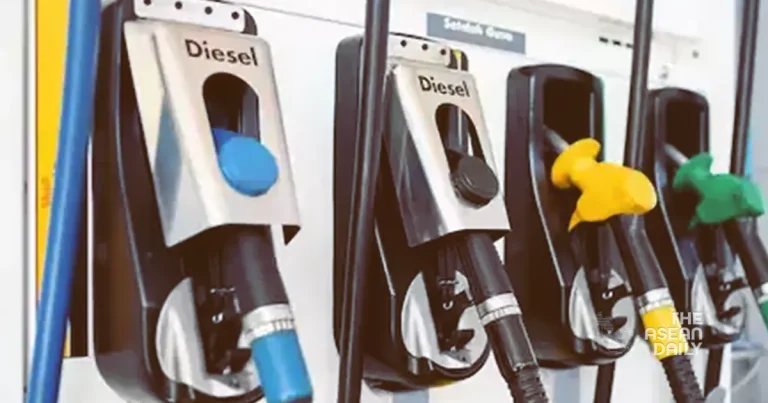24-6-2024 (KUALA LUMPUR) In a move that has exposed the long-standing misuse of subsidized diesel, Malaysia has witnessed a staggering 30 percent drop in pump sales of the fuel in the week following the government’s decision to cut subsidies on June 10. This significant decline in retail sales, coupled with a concurrent rise in the purchase of commercial diesel, has provided clear evidence that taxpayer-funded subsidies had been exploited for years by sectors that should have been paying market prices.
According to Second Finance Minister Amir Hamzah Azizan, who addressed Parliament on June 24, retail sales of diesel at refueling stations plummeted by eight million liters daily. Conversely, the purchase of commercial diesel, which is sold at market price and intended for use at construction sites, plantations, and to power generator sets, increased by four million liters daily.
“This gives an indication that some of the subsidized retail diesel have, for long before this, been used by industrial sectors that should have purchased at market prices. This trend… is a positive sign that leakages of diesel subsidies have shrunk,” Amir Hamzah Azizan stated.
Prime Minister Anwar Ibrahim had earlier emphasized that “the main goal of the diesel subsidy rationalization policy is to ensure that subsidy wastage no longer continues, while ensuring that the savings are returned to the wider population.”
Amir Hamzah Azizan further revealed that a fuel station near Malaysia’s border witnessed a 40 percent drop in diesel sales, “confirming that there was smuggling of diesel to neighboring countries.” The senator firmly asserted, “This is a retargeting of subsidies, not abolishment. Why should we subsidize Thai nationals?” In Thailand, the current price of diesel stands at approximately RM4.20 (S$1.20).
The ministerial statement in Parliament, outlining the government’s fuel subsidy rationalization plans – which will also include the base-level RON95 petrol at a yet-to-be-announced date – comes amid public and business sector discontent over the increased cost of diesel. Segments like tour buses now pay RM3.35 per liter, a 56 percent hike from the previous rate of RM2.15.
To mitigate the inflationary impact of the price increase on over two million diesel vehicles, public transport, fisheries, and the logistics sectors continue to enjoy a subsidized diesel quota through the use of a fleet card. Additionally, 80 percent of private individuals and small-scale agricultural businesses using diesel vehicles – excluding the wealthiest fifth of Malaysians – will receive RM200 cash per month, which the government estimates will offset the additional cost of driving pick-up trucks like the Toyota Hilux and Ford Ranger for up to 75 kilometers per day.
Anwar had previously stated in May, when announcing the diesel subsidy cuts, that the move would save RM4 billion annually, more than a quarter of the RM14.3 billion spent in 2023. However, the opposition Perikatan Nasional has criticized the Prime Minister for breaking his long-standing promise to reduce fuel prices if elected.
Shadow Finance Minister Radzi Jidin highlighted the government’s decision to raise service tax rates from 6 percent to 8 percent in March and include new sectors to be levied, leaving many, especially in the agricultural sector, unable to absorb the additional burden of higher diesel prices. “This government is not listening to the people,” the Putrajaya MP remarked.
Despite the price hike to RM3.35 per liter, with the exception of Sabah and Sarawak where it remains at RM2.15, Malaysians still enjoy cheaper diesel than in neighboring countries like Thailand, Singapore, and Indonesia.




